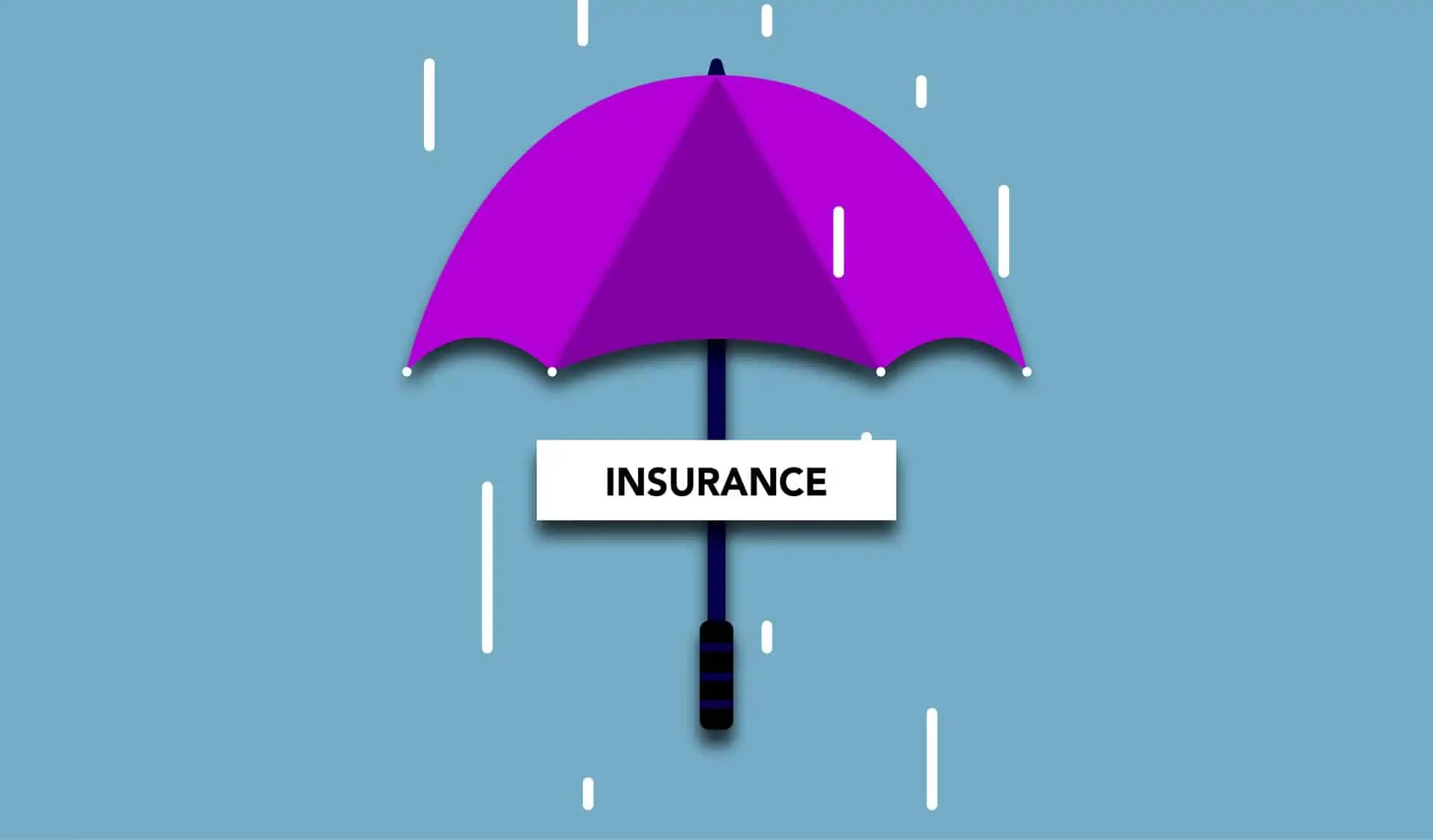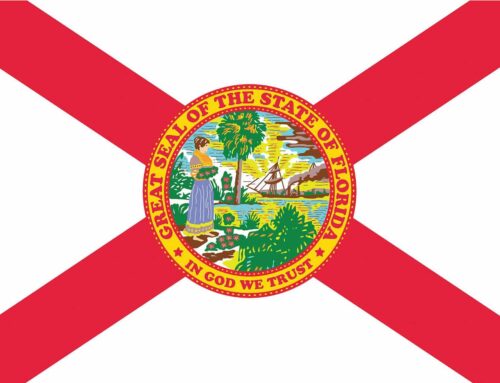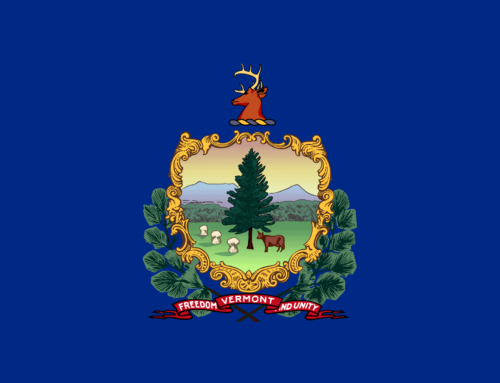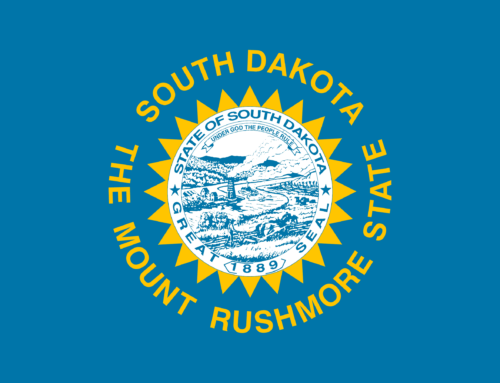Umbrella insurance is liability insurance that kicks in when you’ve got a major liability event, and you’re facing a judgement or settlement that exceeds your car insurance, home insurance, boat insurance, or other coverage limits. It’s also referred to as excess liability insurance. And it may provide critical protection in the event of a catastrophic liability event.
It’s easy to see the need for umbrella insurance in a car insurance context:
Let’s say you have an auto insurance with a $100,000 limit on liability. You’re driving around on Halloween. You accidentally hit a child out Trick-or-Treating. And you cause $600,000 in combined medical bills, pain and suffering, lost future income, etc.
When that happens, your auto insurance will pay out the maximum of $100,000, leaving you on the hook for an additional $500,000.
If you cause a fatality, the wrongful death judgment could easily exceed $1 million.
That would leave you on the hook for the remaining $9 million.
Once the plaintiffs get a judgment, they can go to the court and levy your financial accounts or garnish your wages. They can keep it up for years, until you’ve paid off the debt, or you’ve been forced into bankruptcy.
But if you have umbrella insurance, that policy will kick in once your liability limits on your car insurance have been exhausted.
Umbrella insurance does the same if you have a claim against your homeowner’s insurance, landlord’s insurance, boaters’ insurance, aviation insurance, director’s and officer’s insurance, malpractice/professional liability insurance, or any other personal liability insurance line.
For example, suppose you have a homeowner’s policy with a $400,000 liability limit, which is common. Your teenager is driving, like, well, a teenager, and causes a wreck, injuring or killing several people. Since you’re the parent or guardian, the liability falls on you.
You’re facing a $1 million-plus judgment.
Your homeowner’s policy will pay up to $400,000. That leaves you with at least a $600,000 risk.
But if you have $2 million in umbrella coverage, you won’t lose your home. You won’t be forced into bankruptcy. You won’t have future wages garnished.
Large claims like this are extremely rare. But they do happen! Large but infrequent risks are insurable. In fact, this is exactly what the insurance industry is all about: Transferring large but infrequent risk from individuals who can’t afford the risk to the capital markets, which can.
As a result, umbrella insurance is a very cost-efficient way to buy liability protection. And since you can’t know in advance whether you’ll be exposed to a huge auto liability claim, homeowner’s liability claim, or something else, umbrella coverage allows you to add a very broad, robust layer of catastrophic protection on top of your existing basic insurance policies.
Who Needs Umbrella Insurance Coverage?
If you have assets or a future income to defend against the risk of a judgment or liability claim, you should consider liability insurance.
Your need may be particularly acute if any of these circumstances apply:
- You are a homeowner, or own multiple homes
- You’re on a charity or 501(c)(3) board of directors
- You are a prominent or public figure
- You are seen as a “deep pocket”
- You drive high-value, exotic, or performance cars
- You own a business or real estate
- You’re considered a “high-risk” driver
- You expect to earn a significant income in the future. For example, you are an early-career physician, or physician in residency.
- You host a lot of social events at your home
- You own a boat, ATV, snowmobile, or other high-risk recreational vehicle that someone could get injured on (or injure someone else!)
- You have children – especially teenage drivers!
- You frequently have other peoples’ children in your home
- You have large dogs or other potentially aggressive pets.
- You have exotic pets
- You own horses
- You have domestic employees
- You are at risk of allegations of sexual harassment or molestation
- You could potentially be exposed to a defamation (slander or libel) claim
- You have a swimming pool, trampoline, or other “attractive nuisance.”
You Might Need to Adjust Your Car Insurance.
Umbrella insurance carriers will require you to carry a minimum amount of car insurance liability coverage. If you’re just carrying the state minimum required coverage, you won’t be able to buy umbrella insurance coverage.
It’s probably not enough, anyway. The state minimum policy never is.
One major provider of personal umbrella insurance policies imposes these minimums, which are fairly typical:
- Liability protection on your homeowner’s insurance policy for your primary residence, and secondary residence, if any, in the amount of $300,000.
- Car insurance and motorhome insurance: Bodily injury liability insurance: $300,000 per individual, and $500,000 per occurence.
- Property damage liability insurance of at least $100,000 each accident, or $500,000 combined single limit.
Similar minimums apply if you own a boat, recreational vehicle, or motorcycle.
If you’re looking to add umbrella insurance coverage and you need to assess your other coverage, give us a call, and we’ll look at your auto liability insurance coverage. If it makes sense, we can get you a policy with the liability insurance you need, and make sure you meet the umbrella insurance company’s minimum requirement.
In many cases, it makes sense to use the same insurance carrier you have your homeowners insurance with to buy your umbrella coverage. Meanwhile, you can use an independent car insurance agent rather than your (often) captive homeowner’s agent to buy an umbrella policy that backstops both your homeowner’s and car insurance policies.
In any case, you should call your homeowner’s insurance agent and find out what your carrier’s minimum required car insurance liability coverage is before they will consider selling you an umbrella policy.
Then give us a call, so we can shop around many different carriers and get you the best possible deal for a policy with those specific limits!
How Much Umbrella Insurance Do I Need?
This is a very individual decision. But a good rule of thumb is to have total liability insurance available to cover:
- Your individual or family net worth. This is the amount you have to lose right now in a lawsuit.
- Your expected future income over the remainder of your working life. This would help protect you against future attempts at garnishing your wages.
- The amount of life insurance you have in place on yourself. If you have thought carefully about your life insurance strategy, owning total liability protection in at least the same amount as your life insurance policy won’t steer you far wrong.
All in all umbrella coverage is an extremely cost-effective way to add lots of liability protection for yourself at a very affordable price. In nearly all cases, the dollar-for-dollar cost of adding liability protection in the form of an umbrella insurance policy is less than trying to add the same amount of liability insurance to multiple car insurance policies, your homeowner’s insurance policy, your landlord insurance policy, your boat insurance policy, your errors and omissions insurance policy, your directors and officers liability insurance policy, your employer’s liability insurance policy, and every other insurance policy you can think of!
With an umbrella insurance, that single umbrella policy can act as a backstop to all the insurance policies you own. So you don’t have to buy multiple additional liability riders to multiple lines of insurance. That one umbrella policy covers them all.
One thing to look at, though, is how your umbrella policy covers the “gaps” in your insurance plan.
This is where things get interesting! Not all umbrella policies are alike!
See you on the road!
Steve “Mr. Insurance” Ludwig
CEO, Select Insurance Group






